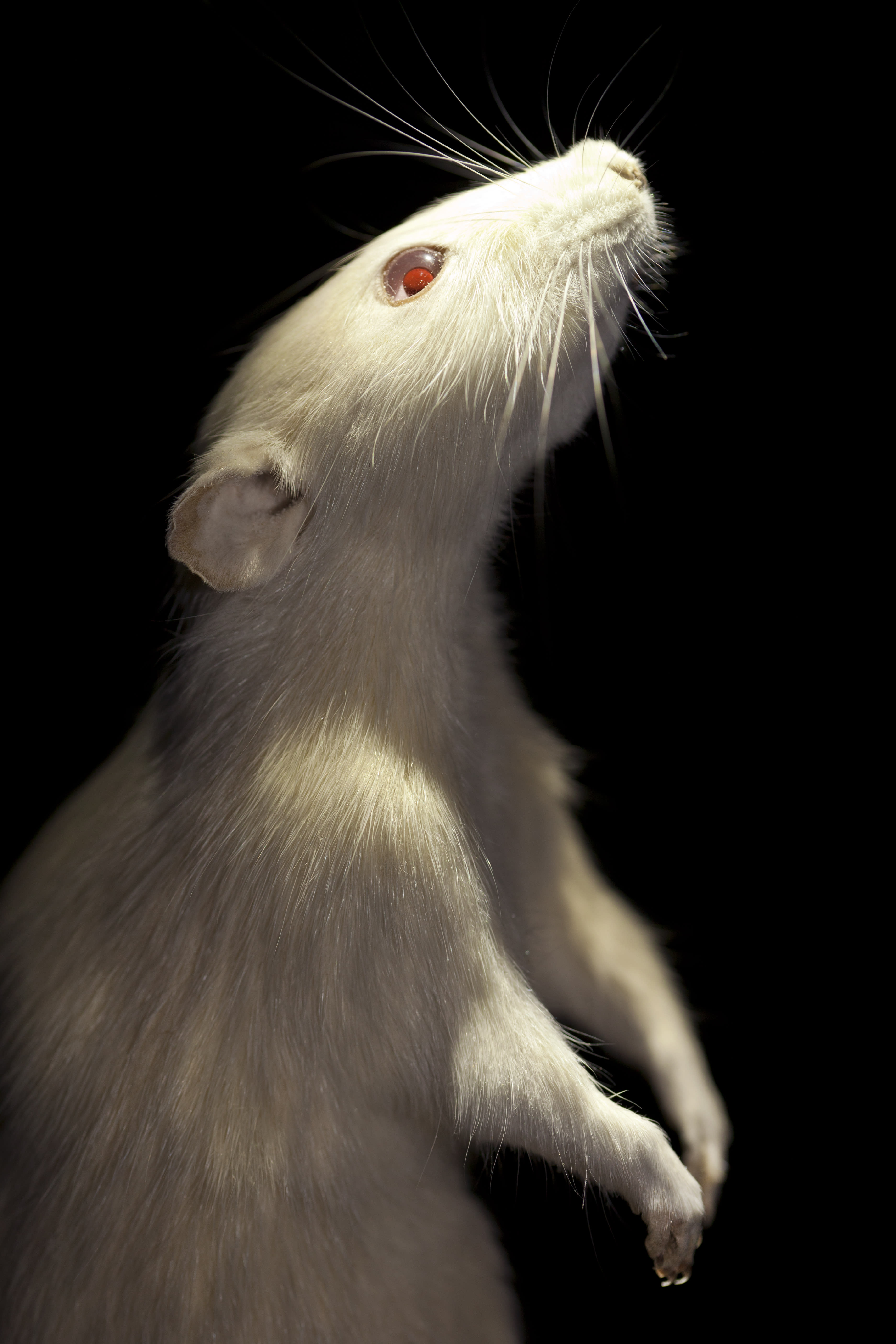
My article offering concrete suggestions to improve the welfare of rodents used in scientific research is out today in Asimov Press.
The science of animal welfare is exploding, bringing new ways to improve conditions for millions of research animals a year.
Across the U.S. and E.U., somewhere on the order of 50 million rodents (~95 percent of which are mice or rats) are used yearly in biomedical research. There is much we can do to improve their treatment over and above existing guidelines.
For this article, I spoke with a range of experts—from scientists who conduct pain and toxicology experiments in rats to animal ethicists and biotechnologists—about ways to improve the welfare of rodents used in research. Their recommendations fall along a spectrum from behavioral interventions—such as picking up mice in a tube rather than by their tails—to genetic ones, such as breeding animals for better mental health or reduced sensitivity to pathological pain.
Other solutions that I touch on include:
🧪 The use of better anesthetic agents [how cheap, widely-available gaseous agents such as isoflurane could assuage the anxiety that accompanies the use of CO2 asphyxiant]
✅ Ways to improve IACUCs protocol review process [How review boards biased in favor of proceeding with research could be more conservative about the numbers of animals they approve for use in protocols.
🐁 Wider use of non-model organisms with higher welfare. [How animals with genetics more suited to certain experiments could take the place of standard models with lower welfare.]
🧬 Gene-editing animals for reduced pain sensitivity. [How targeted changes to genes could make animals less sensitive to pathological pain]
To wrap this up, I will say that the potential of welfare genetics greatly excites me, both as it pertains to compassionately breeding animals for traits that confer higher welfare, and (if scrupulously done) gene-editing.
I am eager to see EAs get more involved in this.
